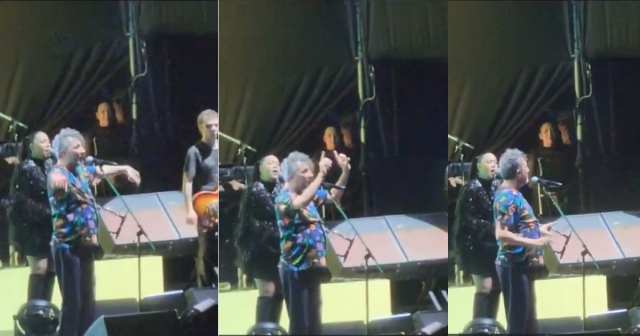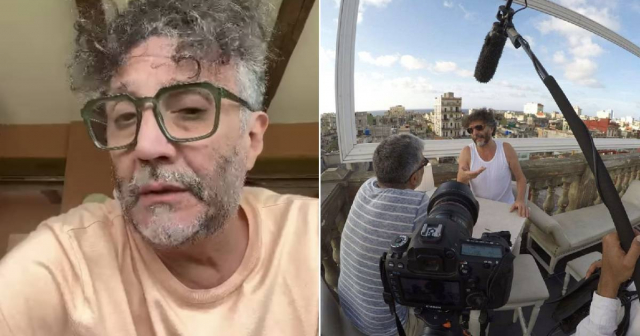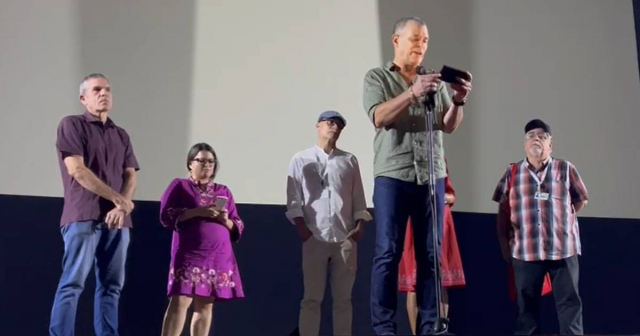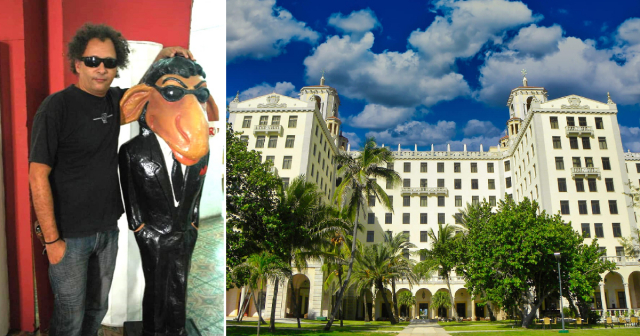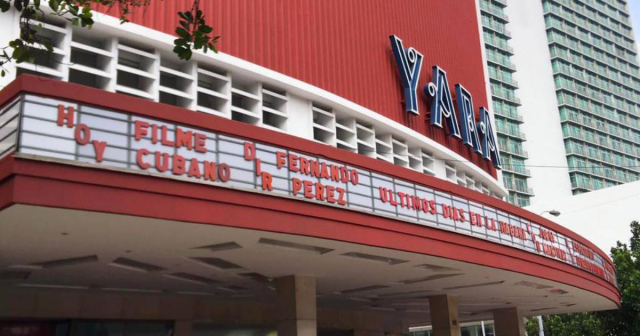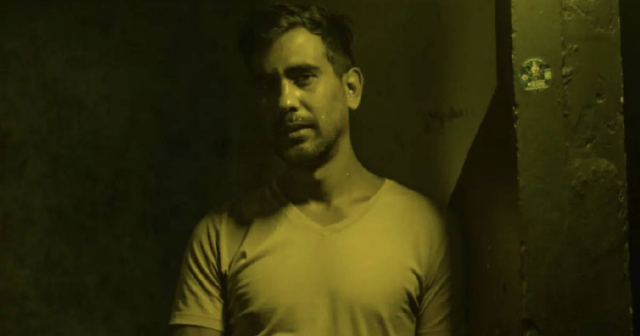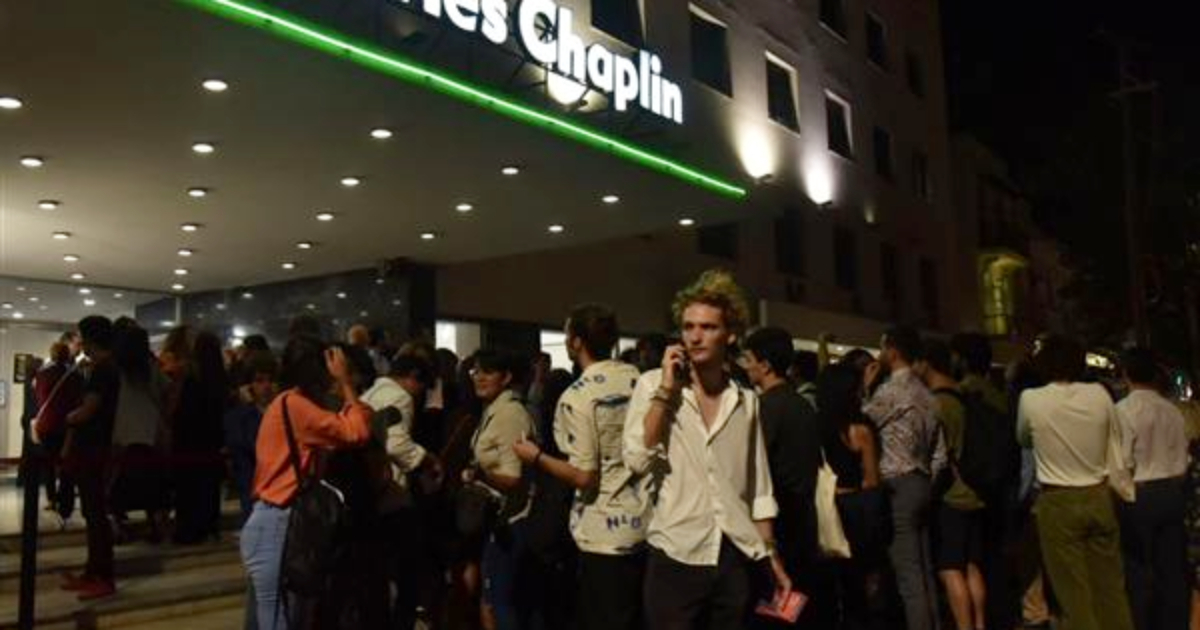
The 44th edition ofInternational Festival of New Latin American Cinema in Havana It started on Friday with nearly 200 films in competition and in the midst of an atmosphere of tensions between the cultural institutions of the Cuban regime and independent filmmakers.
The event opened its doors with the screening of 'Los Colonos', the debut feature ofFelipe Galvez, Chilean representative at the Oscars. The Chaplin cinema, located in the Havana neighborhood of Vedado, witnessed the inauguration.
The festival, considered the most prominent on the island, featured at its inauguration the controversial Minister of Culture,Alpidio Alonso, who supported on behalf of the rulerMiguel Diaz-Canel to the new address ofCuban Institute of Cinematographic Art and Industry (ICAIC).
The arrival of Alexis Triana as the new director of the ICAIC has not managed to dispel criticism from artists and professionals in the sector. Although it emphasized dialogue, the lack of concrete actions to promote creative freedom and respect for independent filmmakers exposes the authoritarian and controlling will of the Cuban regime.
The director of the festival,Tania Delgado, tried in his speech to highlight the achievements of the event, but the economic crisis and the repressive vocation of the regime, manifest in its confrontation with the Assembly of Cuban Filmmakers (ACC), left his calls to continue investing in utopias empty rhetoric.
The contest will showcase 199 films from 19 countries, with emphasis on Mexico, Argentina, Brazil and Chile, in categories such as short films, debut films, documentaries and animation. In addition, poster and script competitions will be held.
The festival will pay tribute to the Cuban filmmakerTomás Gutiérrez Alea, co-director of the acclaimed 'Strawberry and Chocolate', the only film from the island to be nominated for an Oscar. Likewise, the trajectory ofLuis Buñuel, Max Linder and the Cuban caricaturistJuan Padron.
However, the event takes placein the midst of tensions between the Cuban Government and the film industry, evidenced bycensorship of the documentary 'La Habana de Fito'. These incidents led to the creation of the ACC andthe dismissal of the previous director of the ICAIC, Ramón Samada.
"We must dialogue with all those who have proposals and always start from mutual respect," Triana said during the ceremony, according toWHICH. However, the shadow of censorship and the lack of artistic freedom looms over this event for another year.
"Two Cuban films (“Calls from Moscow,” directed by Luis Alejandro Yero and “La Habana de Fito”, by Juan Pin Vilar) have once again been removed from the contest and other sections without explanation. We have learned that the Festival Selection Committee, made up of prestigious specialists who have dedicated a lifetime to consolidating the prestige of this Festival, has been once again pressured to exclude these works from its curatorship of the event," the ACC argued prior to the opening.
In an open letter published on Facebook, the artists reiterated their "rejection of any policy that involves acts of censorship and exclusion against works and authors," which they considered "a perverse model that annuls that elemental right of any citizen to enjoy and interpret those works." itself".
"It is not the artists, nor the filmmakers, who are responsible for the harsh reality in which we live. It is not their works that impose a single thought.Cinema does not impose, what imposes is power", they recalled.
What do you think?
COMMENTFiled in:

